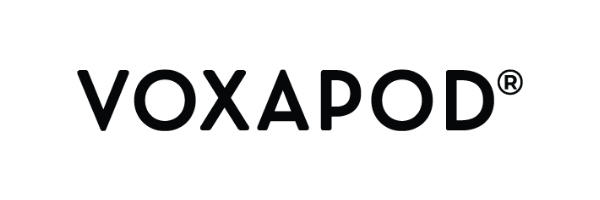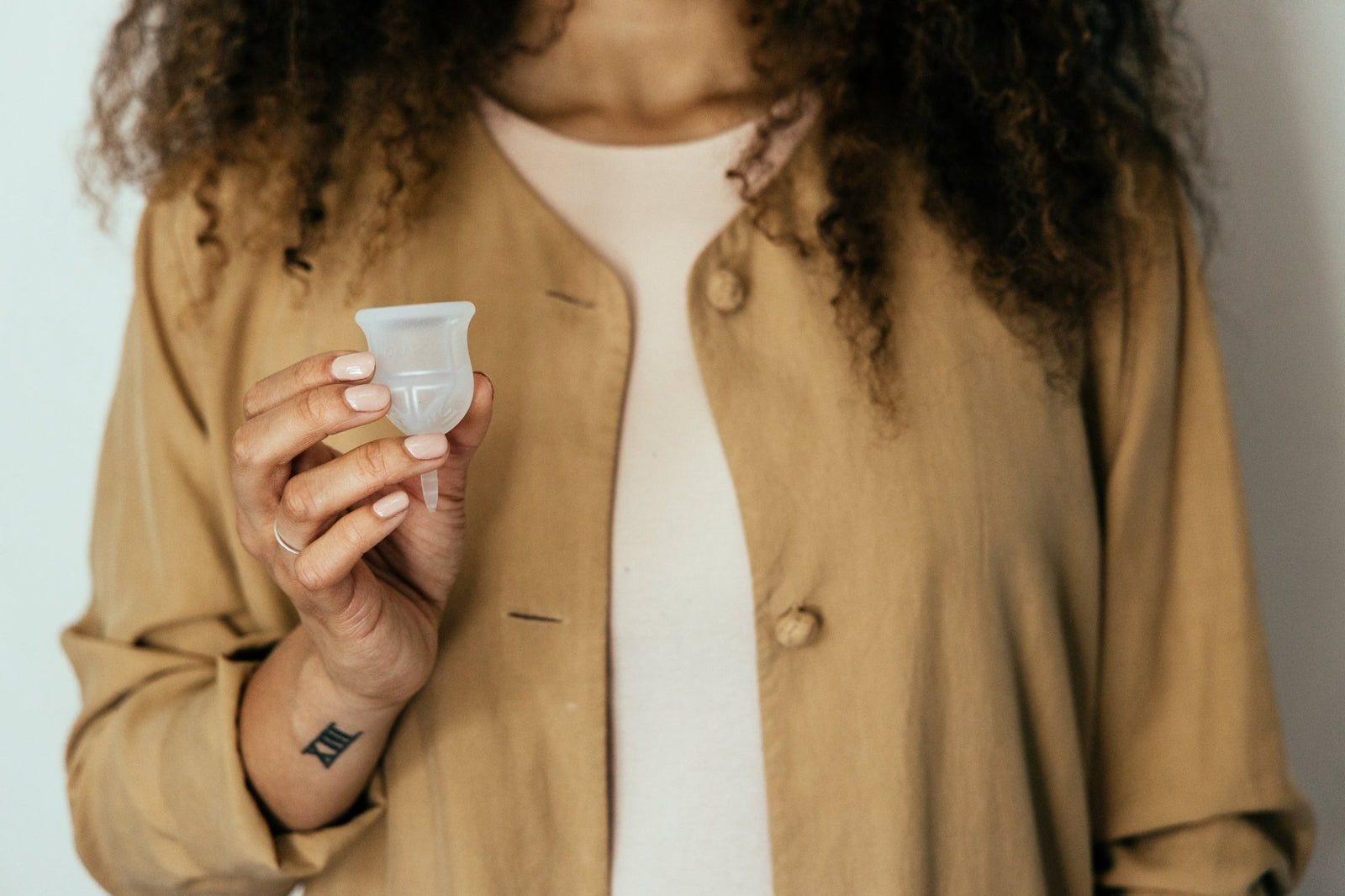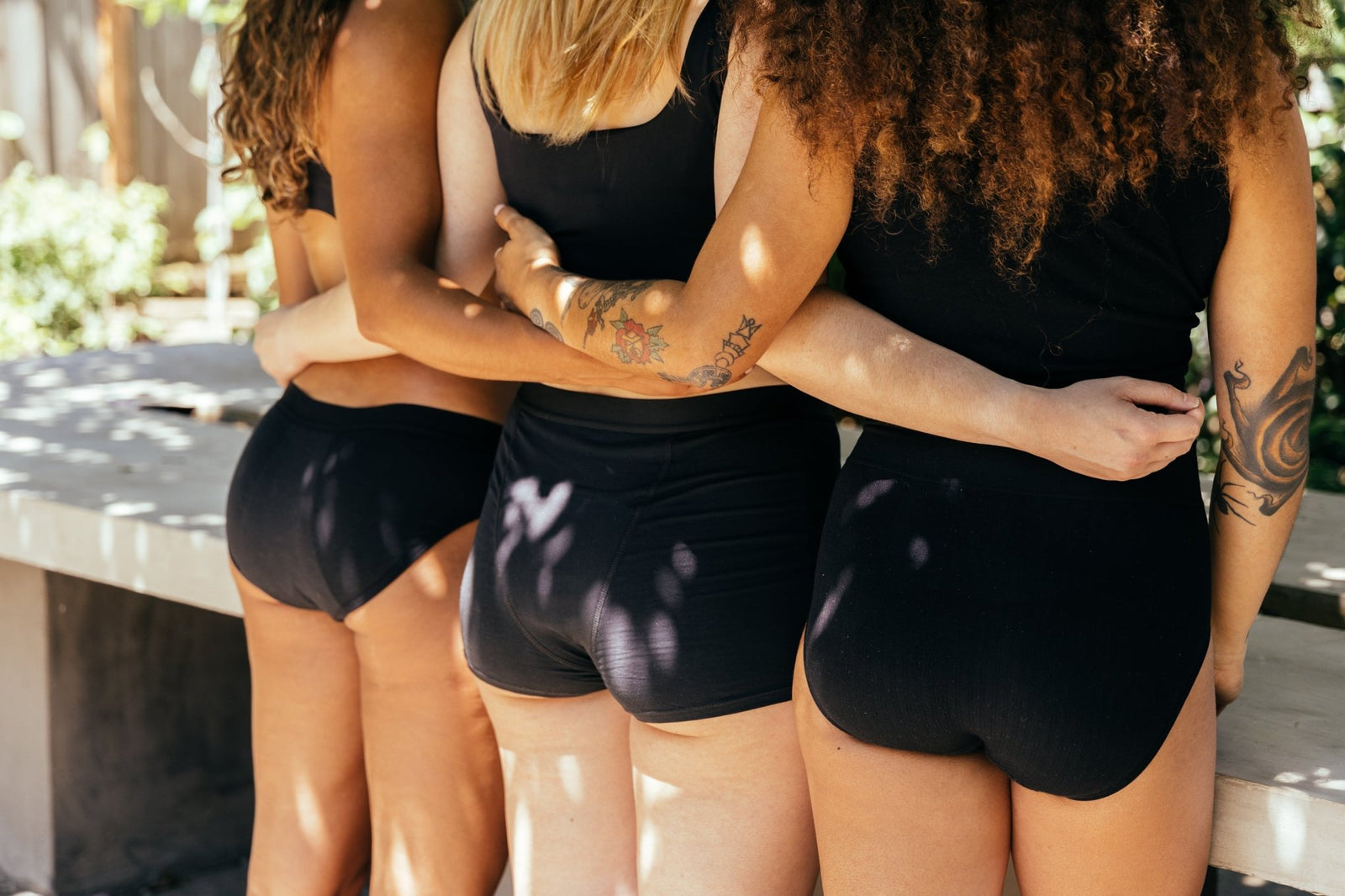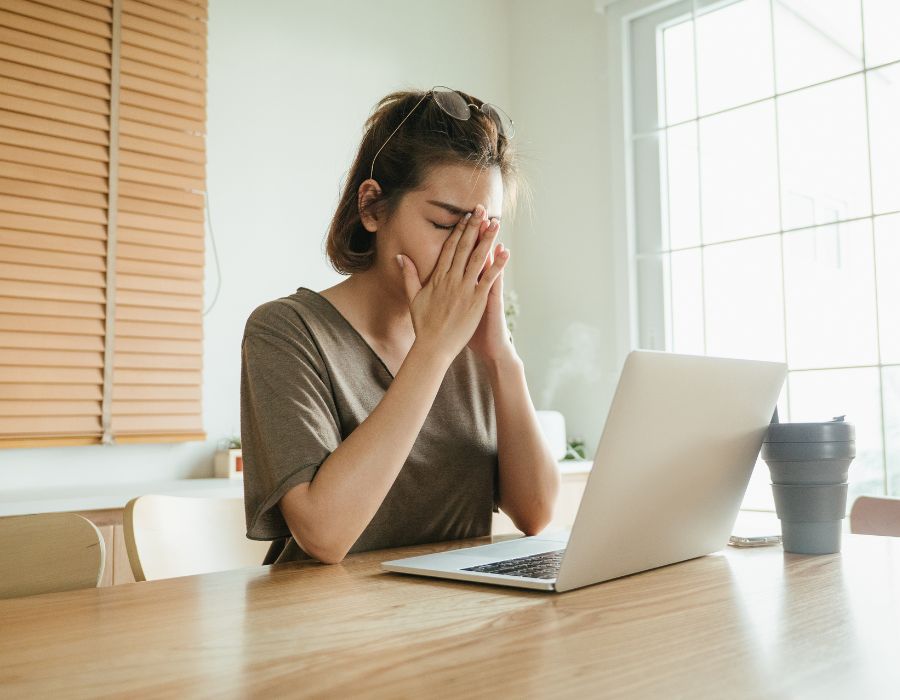
Did you know that half of all girls in Uganda report missing 1-3 days of school each month due to their period?
Or that in Ethiopia 2 out of 3 girls won’t learn about menstruation in school?
Or that even in the UK, 44% of girls don’t know what menstruation is before they get their first period?
Menstrual hygiene persists as one of the greatest public health challenges, and because of widespread shame and taboo surrounding menstruation, it has been one of the most difficult to talk about.
Who started Menstrual Hygiene Day?
In 2013, WASH United, a global sanitation and hygiene organization, sought to change that by launching #MENSTRAVAGANZA—a 28-day social media campaign to highlight menstrual hygiene management. The campaign garnered widespread support leading to the designation of May 28th as the officially recognized Menstrual Hygiene Day (MH Day). (Fun fact: 5/28 was chosen because the average period is five days long, and the average menstrual cycle is 28 days).
WASH United’s efforts gave birth to a movement that has since evolved into an alliance of over 380 organizations and influencers from all over the world leading their communities toward thriving Menstrual Hygiene Management (MHM) practices and ensuring access to safe and equitable period management solutions and menstrual health education.
The MH Day Alliance includes members from all sectors including NGOs (non-government organization), local and national governments, research institutions, and social enterprises, to which WASH United acts as an international secretariat. Menstrual Hygiene Day has become a platform for these members to share knowledge, coordinate efforts, and collectively advocate for menstrual equity. Last year, members of the MH Day Alliance held over 150 Events from the United States to India to Nepal to Taiwan and everywhere in between.
This year, the theme for Menstrual Hygiene Day is education and there are over 80 scheduled events in the month of May. The theme not only emphasizes the need to educate people around the world about menstrual health and hygiene, it also highlights the impact that menstruation can have on a girls’ education.
How does menstrual hygiene impact girls’ education?
As an example, having access to menstrual supplies, washing facilities (including toilets and running water), and adequate disposal options, ensures that girls don’t have to miss school due to their periods. That’s important because a woman's lifetime earnings increase 10-20% for each additional year of school she completes. And, when the percentage of women who complete their secondary education increases, the annual per capita economic growth increases too.
The past two years, VOXAPOD has celebrated with a booth at Portland’s largest Menstrual Hygiene Day celebration: PDX Red Party. At this year’s event, we launched our #ActuallyICan campaign to dispel the persistent myth that you have to put your life on hold while you’re on your period. We had a blast connecting with our hometown community and uniting with so many other great menstrual health organizations in promoting menstrual equity. Here are some of our crew at the event:

We will also be taking part in this year’s #MENSTRAVAGANZA—the 28 day social media campaign leading up to May 28th. We’re especially excited to share more information about why menstrual cups are integral to menstrual equity and why it’s important to have a pad/tampon alternative.
Be sure to follow us on Facebook and Instagram to keep up with our Menstrual Hygiene Day happenings! Know a fun fact about Menstrual Hygiene Day that you want to share? Post in the comments below to spread the awareness.

Author: Elizabeth Tiffany Prescott is a humanitarian, communication strategist, and dog mom known for her love affair with reading and word tattoos. When she isn’t breaking down social barriers or building bridges between industries, she is feeding her vivacious appetite to learn. With that, she exercises a particular passion for menstrual health because it intersects with so many other important issues including public health and hygiene, education, gender, environment, and social equity. She is responsible for the largest Menstrual Hygiene Day event in the country: PDX Red Party.
Wanna make the switch to period care that cares?
Knowledge is empowering. Share the love.















Leave a comment (all fields required)